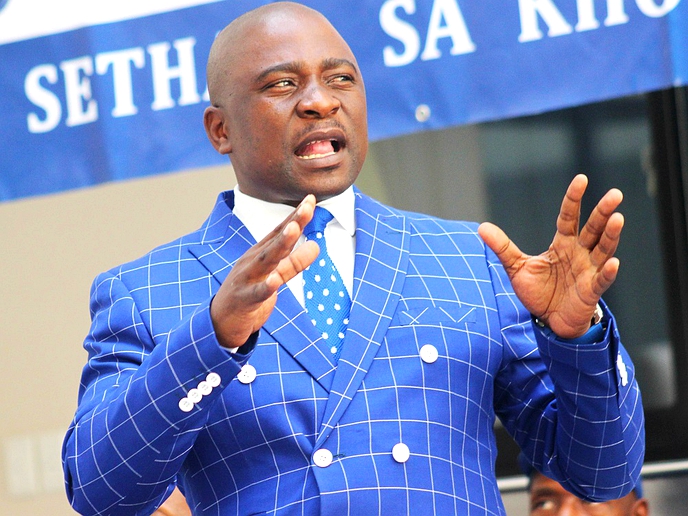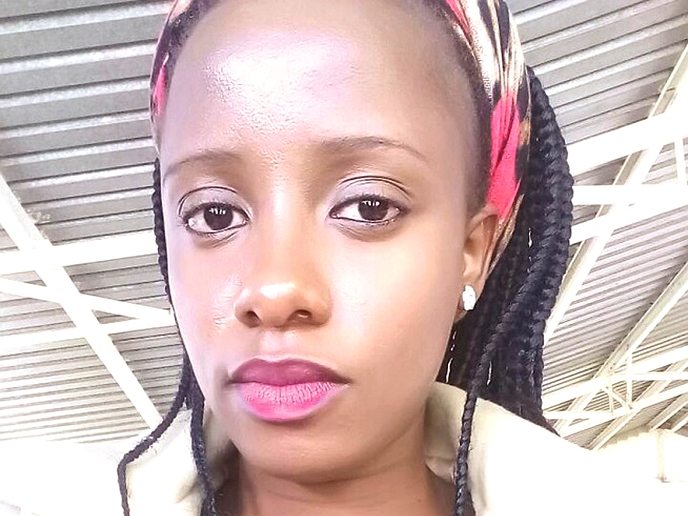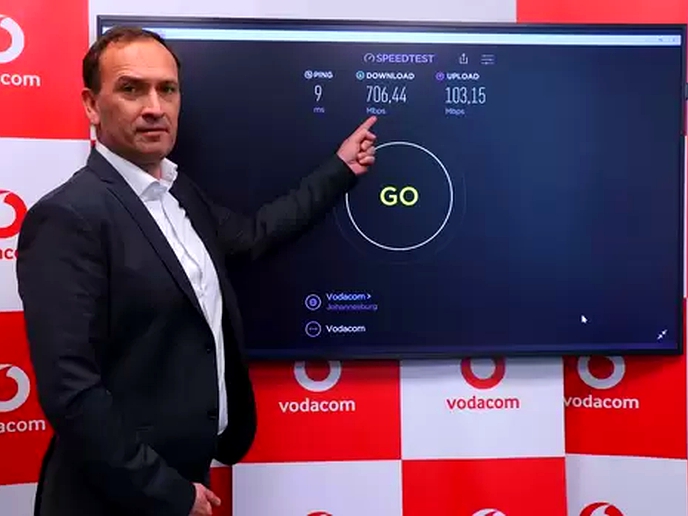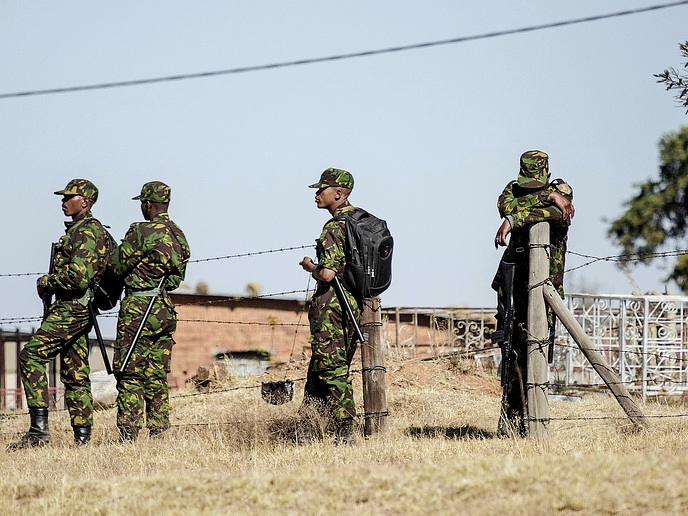Company secretaries from different electricity supply bodies in Southern Africa have met in Maseru in a three day meeting hosted by Lesotho Electricity Company (LEC) to deliberate on reviewing of laws regulating electricity utilities in the Southern African Development Community (SADC)m region. When officiating the 7th Southern African Power Pool (SAPP) Legal Working Group meeting on Wednesday, LEC acting managing director, Dr Leketekete Ketso said the meeting was a continuation of the work that was given by SAPP in terms of the revision of the structure and documents which commenced in 2018 on legal related matters and policy that govern electricity utilities.
business
March 8, 2019
STAFF REPORTER
3 min read
Power utility legal bodies meet in Maseru
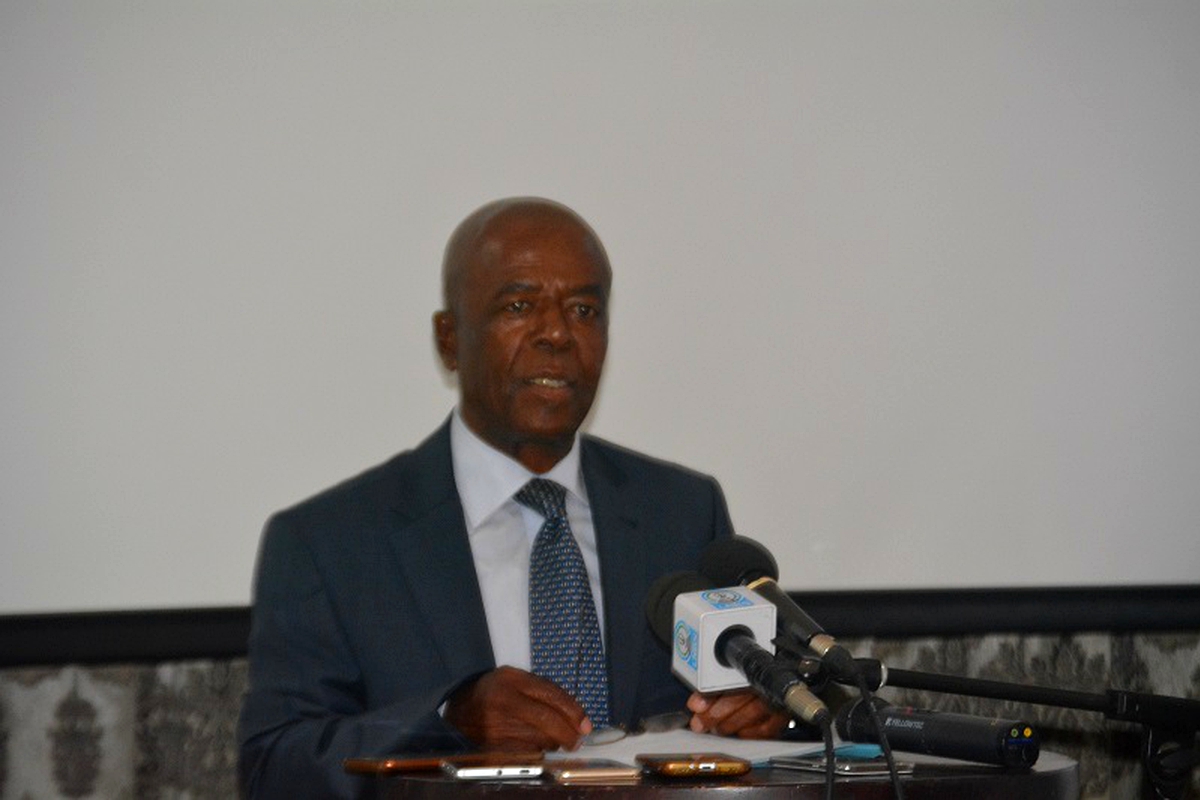
SAAP is an integral part of economy tha is witnessed in the SADC region, the board that regulates commodities in the form of electricity and facilitates economic growth in the SADC countries. Dr Ketso said SAPP being the integral part of the economic growth that “we are witnessing in the SADC region, is the body that regulates a commodity in a form of electricity that catalyses many economies if not all, in the SADC region. The role of the committee as legal professionals is to review the agreements that are put in place in order to regulate relationships among members of SAPP.” Dr Ketso said LEC as an organisation, had to obey the rules and regulations under which it operates in Lesotho as it sells to different departments, therefore their prices too have to be examined.
“These are some of the challenges that need to be addressed as per rules and policies that are well surveyed,” he stated. LEC Secretary and Head of Legal Departments Retsepile Ntsihlele said Lesotho was faced with a challenge of shortage of electricity and equipment, and sometimes due vandalism of electricity installations. “Muela is the only dam that generates electricity in Lesotho and it generates about 72 Mega Watts which is less than the amount consumed in the country. The total share of the traded in total amount of flowing electricity is 40 percent in Muela Electro Power Station. We are going to address our policy of increasing the trading cost when buying electricity from ESKOM and EDM and that will be the opportunity of Lesotho to reduce where it’s expensive,” he said.
Enjoy our daily newsletter from today
Access exclusive newsletters, along with previews of new media releases.
According to LEC Public Relations Representative Mareitumetse Monyau the countries have recognised the vandalism and electricity theft hence they decided to host a meeting with legal experts so that they can analyse whether their legal documents are relevant to address vandalism and electricity theft. Dr Ketso said LEC had to reduce the inflow of 40% that flows into the country’s power pool, arguing it’s a lot of electricity and “it would be better if Lesotho were to increase its prices with power from its pool rather buying from ESKOM. The ultimate aim is to reduce over dependency on foreign purchases.” On behalf of the legal working group in Lesotho, the chair, Julia Chaila said the legal department was the backbone of SAPP as they provide legal advice, legal guidance and legal assignments to SAPP.
“The committee is beginning to work on operating manual of the SAPP, which I hope in the next 3-4 months, we shall be submitting the results. This is important because it regulates and guides how the members of the SAPP will operate their system and also ensure that there are well maintained and acceptable standards to enable the power pool trade programs with guidelines and regulations,” she said.
Tailored for you



